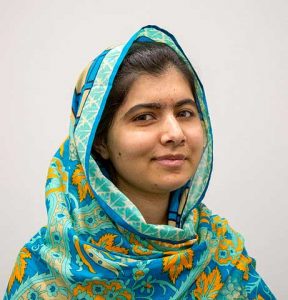Ramsamujh seva trust was registered as a TRUST on 23rd July 2020. Our TRUST is a Non Profit Organisation. The Trust was started with the initial objective of providing educational facilities to the poorest of poor in the society. Over the years the Trust has diversified its interest to include various projects for the benefit of economically weaker and socially neglected people also. We are working for the upliftment of the poorest of poor in the outskirts for maharajgunj city of uttar Pradesh, INIDA and it serves to all communities irrespective of caste, creed and religion. The activities include providing quality education at free of cost, encouragement of learning, basic Computer Education, offering school uniforms, text and note books, school bags etc. sponsoring of mid – day meals to encourage primary education and tutoring services to children of economically weaker section of the society.
A teacher’s role may vary among cultures. Teachers may provide instruction in literacy and numeracy, craftsmanship or vocational training, the arts, religion, civics, community roles, or life skills.
“One child, one teacher, one book, one pen can change the world.”
― Malala Yousafzai
A teacher who facilitates education for an individual may also be described as a personal tutor, or, largely historically, a governess. In some countries, formal education can take place through home schooling. Informal learning may be assisted by a teacher occupying a transient or ongoing role, such as a family member, or by anyone with knowledge or skills in the wider community setting. Religious and spiritual teachers, such as gurus, mullahs, rabbis, pastors/youth pastors and lamas, may teach religious texts such as the Quran, Torah or Bible.

Teaching may be carried out informally, within the family, which is called homeschooling, or in the wider community. Formal teaching may be carried out by paid professionals. Such professionals enjoy a status in some societies on a par with physicians, lawyers, engineers, and accountants. A teacher’s professional duties may extend beyond formal teaching. Outside of the classroom teachers may accompany students on field trips, supervise study halls, help with the organization of school functions, and serve as supervisors for extracurricular activities. In some education systems, teachers may have responsibility for student discipline.Around the world teachers are often required to obtain specialized education, knowledge, codes of ethics and internal monitoring.
There are a variety of bodies designed to instill, preserve and update the knowledge and professional standing of teachers. Around the world many governments operate teacher’s colleges, which are generally established to serve and protect the public interest through certifying, governing and enforcing the standards of practice for the teaching profession.


